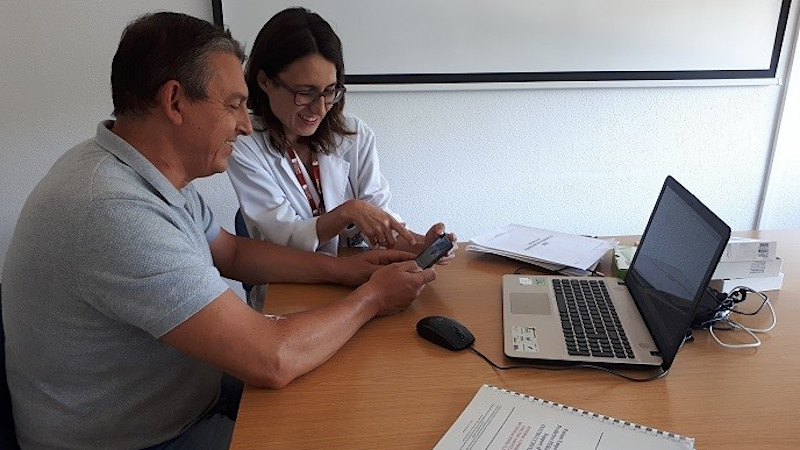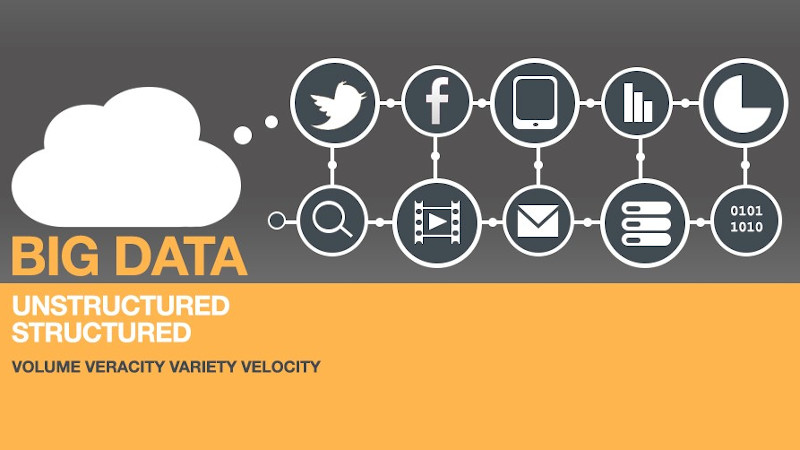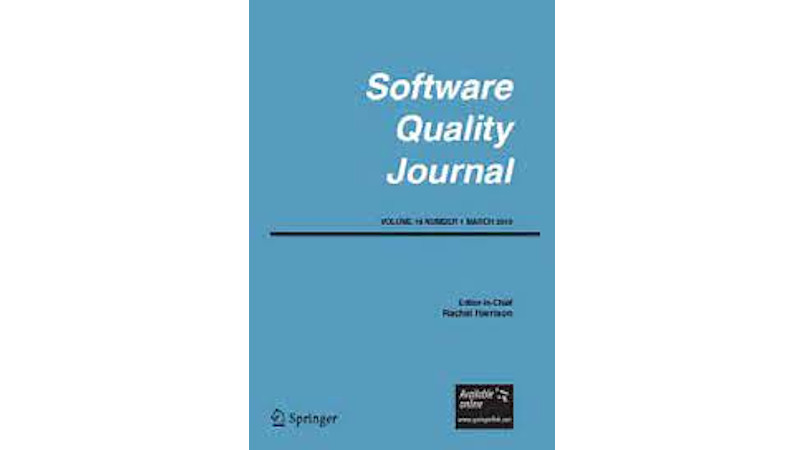The Applied Software Engineering and Data Analytics Research Group takes an empirical and experimental approach to software engineering, studying software systems in order to characterise and improve them. The Group provides a forum for researchers to exchange and discuss the latest innovative Software Engineering (SE) techniques and practices. We are also interested in AI solutions to SE problems and vice versa.
Our data analytics work focuses on data collection, analysis, summarisation and classification. For much of this research we depend on our knowledge of machine learning and big data.
The Group also works on cloud computing, big data, web technologies and network softwarisation. More specifically, the work focuses on: cloud services selection; big data management in NoSQL and the cloud; network softwarisation in cloud and IoT environments, web services and service-oriented computing.
In addition, the Group’s research involves aspects of eHealth using artificial intelligence, with a strong focus on usability and data visualisation. There is particular interest in technology for people living with diabetes.



